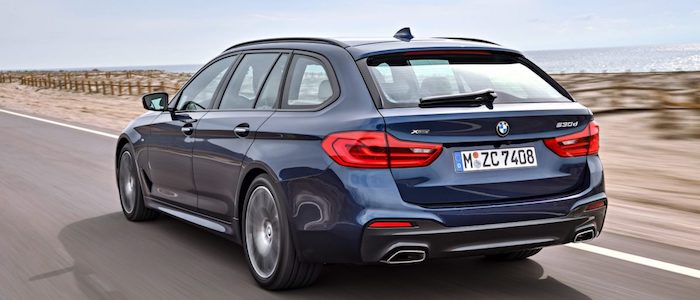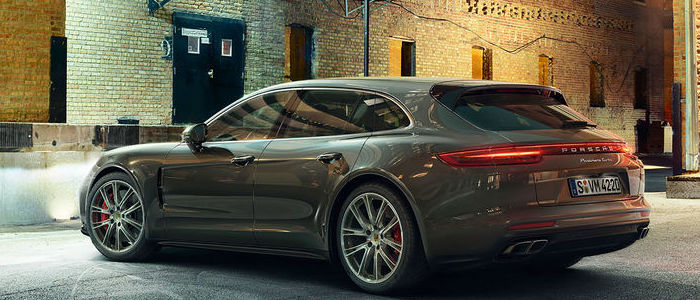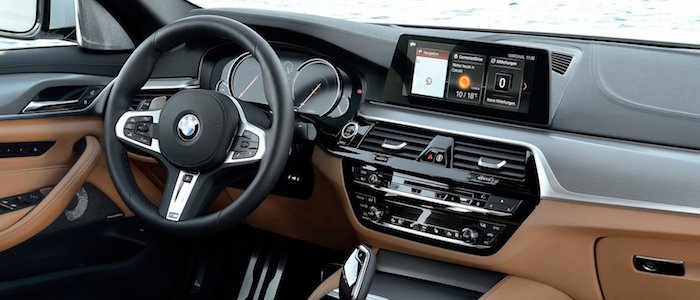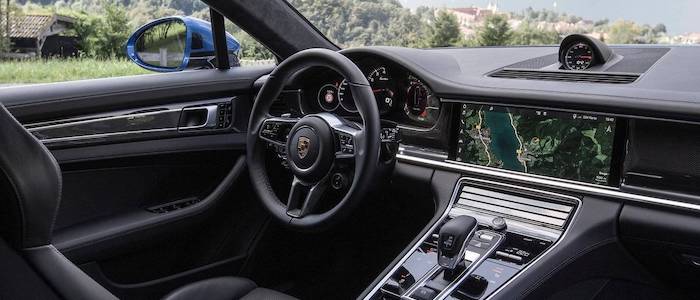Compare two cars
Compare any two cars and get our Virtual Adviser™ opinion
Dimensons & Outlines
Check vehicle history
Engine
2.9 TFSI EA839 Hybrid
Performance (manual gearbox)
Performance (automatic gearbox)
Expenses
Virtual Adviser's™ opinion
Two significantly similar cars, no doubt about that. Still, each one has something different to offer. Having both cars powered by hybrid engines and utilizing the 5-door wagon body style within the same 'Luxury car' segment, the only major difference here really is their wheel drive configuration (rear for the BMW and 4 x 4 in the case of the Porsche). The first one has a BMW-engineered powertrain under the hood, a 4-cylinder, 16-valves 252hp unit, while the other one gets its power and torque from a 6-cylinder, 24-valves 462hp engine designed by Volkswagen.
SafetyThe fact that the BMW got tested by the European New Car Assessment Programme (Euro NCAP), while the other contender didn't, puts it sky-high safety-wise, in my eyes at least. That aside, let's consider some other aspects which affect safety. Both vehicles belong to the luxury car segment, which is generally a very good thing safety-wise, still it doesn't help us solve our dilemma, does it? On the other hand, when it comes to weight, a factor that most people underestimate, Panamera offers a considerable difference of 24% more metal.
ReliabilityI don't like generalizing things when it comes to reliability, although it does seem that BMW does have a slight advantage, when all the models are taken into account. That's the official data, while our visitors describe reliability of BMW with an average rating of 4.1, and models under the Porsche badge with 4.0 out of 5. Unfortunatelly, I don't have enough insight that would allow me to comment in more details on the specific models level. That apart, owners of different cars powered by the same engine as 5 Series rank it on average as 4.3, while the one under the competitor's bonnet gets 3.0 out of 5.
Performance & Fuel economyPorsche is undoubtly more agile, reaching 100km/h in 1.6 seconds less than its competitor. In addition to that it accelerates all the way to 275 kilometers per hour, 40km/h more than the other car. When it comes to fuel economy the winner has to be 5 Series, averaging around 1.9 liters of fuel per 100 kilometers (149 mpg), in combined cycle. We can't ignore that 37% difference compared to Panamera.
Verdict
BMW appears just a bit more reliable, although the difference is truly marginal. The most important thing when deciding between any two vehicles should always be safety, both passive and active. In my opinion, everything taken into account, 5 Series beats the other contender by far, making it the best choice without even considering other things. From there things take a different direction, with Porsche outracing its opponent in any situation possible, making it better choice for boy racers. It does come at a cost though, and that's the fuel consumption... It's not difficult to say then that if I'd need to make a choice, it would definitely be the BMW. Anyway, that's the most objective conclusion I could've came up with and it's based solely on the information found on this website. Aspects such as design, practicality, brand value and driving experience are there for you to measure them out. I suggest you spend two more minutes in order to find out which car, based on your needs and budget, would be picked by the virtual adviser™, among more than 12.000 different ones in our database.
































